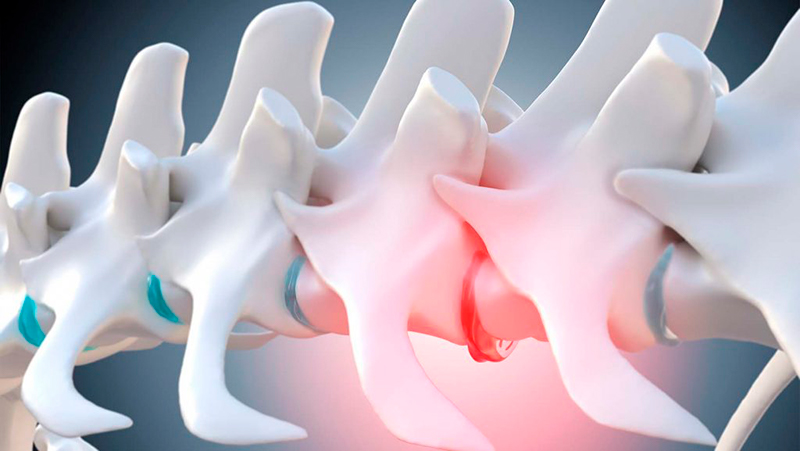.Spinal injury is one of the most serious injuries to occur to the body, and work accidents are one of the most common culprits of these injuries, along with falls, car accidents, and overuse of the back.
There are various types of back injuries, including:
- herniated, bulging, or slipped discs
- chronic back pain
- back spasms
- spinal cord damage
- pinched nerves
- lumbar disc and cervical disc fractures
Some of these injuries can be quite dangerous if left untreated, so it is essential to seek medical attention if you notice any signs of spinal trauma or feel your accident might have injured your spine.
Signs of Spinal Trauma
Extreme Pain or Pressure in The Back, Neck, Or Head
When a vertebral disc has slipped or herniated, it can cause back pain due to the pressure exerted on nearby nerves. In addition, overuse of the back, especially if used incorrectly, can cause lasting damage to the muscles surrounding the spine or the vertebral discs, causing pain.
Pinched nerves can also cause a significant amount of pain, and if they occur in the lower back, sciatica may occur, which can extend down the legs.
Difficulty Moving the Arms or Legs
The spine houses the spinal cord within the vertebrae, and from the spinal cord stem many important nerves that go to all areas of the body. This means that an injury to the spine can impact these surrounding nerves, blocking signaling to other areas of the body.
This lack of nerve communication, which can occur if inflammation or a bone pressed on the nerve (or potentially severs the nerve), may appear as a weakness, incoordination, or paralysis in a separate part of the body. The arms and legs are some of the biggest appendages you have to move, and difficulty moving these limbs, either a weakness or complete inability, may be a sign that the spinal cord has sustained damage.
Tingling, Numbness, Or Loss of Sensation in The Feet, Toes, Hands, Or Fingers
Similar to weakness and paralysis, if there are slight disturbances to the nerves that come off the spinal cord, you may experience tingling, numbness, or loss of sensation. This is most common in the far extremities, such as the hands, fingers, feet, and toes, and occurs because there is no communication between the nerves found there and the brain due to some disturbance.
Loss Of Bladder or Bowel Control
In some cases, the spinal cord injury may interrupt the communication between the brain and the nerves in the spinal cord responsible for controlling bladder and bowel function. When this communication is interrupted, you may lose control of your bladder and bowel function because of a loss of muscle tone in the bladder and/or sphincter, which can cause incontinence.
What To Do If You Have a Spinal Injury
Some spinal injuries may go away on their own, whereas others will only worsen if not properly cared for. Due to the delicate and essential nature of the spine, it is crucial to seek medical attention if any signs of spinal trauma are visible or if you have been in an accident and suspect your back might have been injured. When it comes to the spine, it is always better to be safe than sorry.



